In this article, I discuss how practising by yourself and with an audience is the best way to manage and benefit from performance anxiety.
Many clients with whom I work have the issue often referred to as ‘performance anxiety’. This is the feeling of tension in the body, negative thoughts in one’s head and emotions often referred to as ‘nervousness’ which are experienced when they have to perform a task which has important consequences in front of an audience. The audience is usually comprised of people who are seen to be evaluating one’s performance. Taking an examination, giving a speech or a presentation and competing in an athletic event or a music recital are a few examples of the tasks which elicit the feeling described as performance anxiety.
The primary concern which most clients cite regarding their performance anxiety is that it becomes so intense that it interferes with performing effectively. In particular, it is common for clients to report performing the task effectively and sometimes even flawlessly during practice with nobody watching them only to make mistakes they don’t typically make when the actual performance occurs in front of people who are watching and judging them.
Fortunately, there are strategies which you can use to address the issue of performance anxiety. The common denominator among these strategies is that they focus on practising performing. In the following sections, I will discuss the kinds of practising which are most effective.
Two forms of practice to address performance anxiety
Two kinds of practice will help you to manage performance anxiety—practising on your own and practising in front of an audience. Each type of practice produces benefits which allow you to perform effectively in front of others when it counts.
Practising on your own: Benefit from the social facilitation effect
The social facilitation effect states that the presence of an audience improves one’s performance of dominant responses and worsens one’s performance of non-dominant responses. Dominant responses are those actions which have become simple and automatic through extensive practice. Think of a motor skill, such as driving or a golf swing, which you’ve practised so often that it’s become part of your muscle memory. Non-dominant responses are those actions which you have not practised. As a result, they are not automatic in that you have to pay conscious attention while performing these actions.
The presence of an audience causes well-practised dominant responses to be performed effectively while causing worse performance of non-dominant responses which you have not practised. In a famous study which demonstrated this point, expert and novice pool players performed alone and with an audience watching.
As expected, the experts outperformed the novices with nobody watching. But the finding supportive of the social facilitation effect was that the experts’ performance gap over the novices increased with an audience watching. This happened because the experts did even better with the audience watching than when they were alone whereas the novices did worse with the audience watching compared to when they were alone.
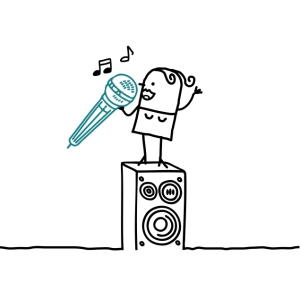
In others words, the extensive practice the experts did resulted in their pool shooting actions becoming dominant responses and the audience ‘facilitated’ these automatic actions being performed even better than when the experts had nobody watching them. In contrast, the novices’ lack of practice led their pool shooting actions to become non-dominant responses to which they had to pay conscious attention while performing. As predicted by the social facilitation effect, the audience being present worsened the performance of these non-dominant responses by the novices.
So whether you are taking an examination, giving a speech or a presentation or competing in an athletic event or a music recital, practising extensively on your own to make the actions you need to perform dominant responses should result in your performing these actions effectively when an audience is watching you.
Practising with an audience: Benefit from desensitization through exposure
When your anxiety is at a level which makes it difficult to manage when you perform in front of an audience, a surefire way to decrease your anxiety and to improve your performance while doing so is to practice performing in front of an audience as often as you can. That is, repeated exposure to situations which elicit strong anxiety eventually results in the intensity of the anxiety decreasing in a lasting way. This is known as habituation or desensitization.
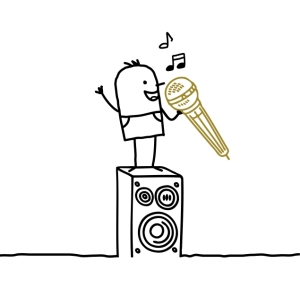
So seek out opportunities to perform in front of an audience. You will find that your performance anxiety will be higher than you would like initially but that the more you practice the more it will decrease. You will also find that, even though initially your performance anxiety is higher than you would like when you practice in front of an audience, your confidence should increase when you realize that you are still be able to perform effectively to a good extent despite your performance anxiety. This is even more likely to be the case if you have practised on your own to the point that the actions you are performing have become dominant/automatic responses.
How I am using these ideas to address my own performance anxiety
I am using the techniques from this article to address my own performance anxiety. This is an issue related to a main interest of mine – learning to play the piano. Progressing in my goal of becoming a skilled pianist necessarily entails having to perform in front of audiences. This includes performing for my instructor at weekly lessons, performing in front of examiners as part of the Royal Conservatory of Music program, and performing in front of people in various contexts such as recitals.
I have been using both kinds of practice to address my performance anxiety associated with piano playing. First, I have practised extensively on my own—at least 45 minutes daily–to make the actions which I need to play pieces and perform technical skills dominant responses. Secondly, I have sought out opportunities to perform in front of audiences. This has allows me to gain confidence by seeing the effects of social facilitation—my daily practice paying off in being able to perform effectively in front of audiences while experiencing performance anxiety. I have also seen my performance anxiety gradually decreasing through desensitization the more I practice in front of audiences
You too can reap the benefits of addressing your performance anxiety issues by engaging in the two kinds of practice discussed in this article.
May you address your performance anxiety issues through two kinds of practice,
-Dr. Pat

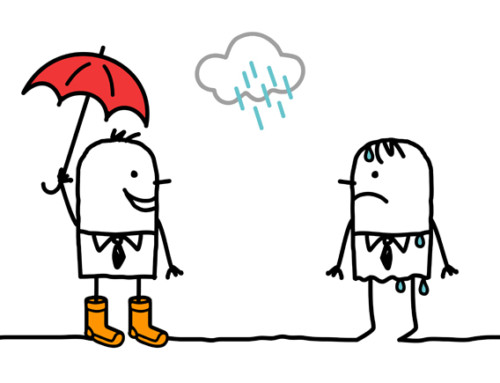
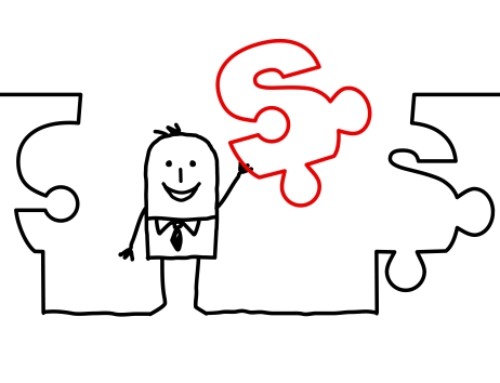
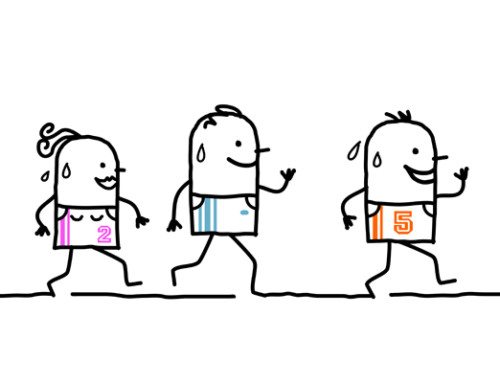
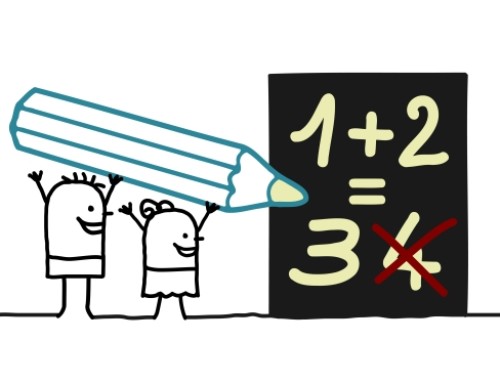
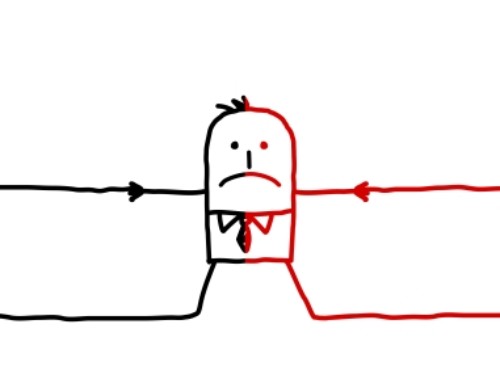
Leave A Comment